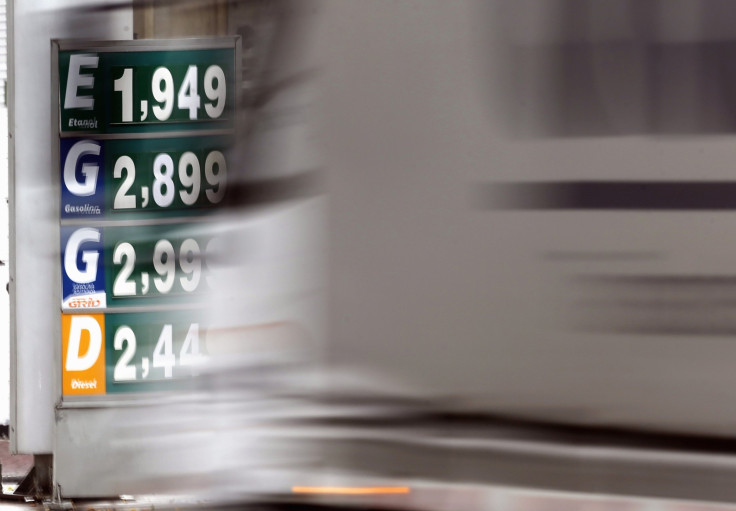Scientists Produce Bacteria To Convert Sunlight To Liquid Fuel

A silicon cell that mimics a leaf, called an artificial leaf, had been developed by scientist Daniel Nocera. The leaf was developed some years ago but didn’t quite take off even though it used only sun and water to produce energy. Nocera called the cell a breakthrough that could allow every home to produce its own electricity. However, the leaf makes hydrogen, and outside the lab, there is no way to use this energy because most gas stations serve liquid fuel.
Now Nocera, in collaboration with biologists from Harvard University, has produced an invention detailed in the Proceedings of the National Academy of Sciences. The researchers have engineered bacteria that can convert hydrogen into alcohol-based fuel. The question that the scientists wanted to answer is how to store solar energy when there’s no sunlight. In natural photosynthesis, natural biomass is produced when sunlight meets water and carbon dioxide. A further step is required to turn the biomass into fuel. For example, breaking down corn to make ethanol. Instead, the researchers have produced bacteria that skip the production of biomass and directly produce liquid fuel.
Using the artificial leaf, they split water into oxygen and hydrogen. The new bacteria absorbed the hydrogen, combining it with carbon dioxide to produce isopropanol, an alcohol-based fuel like ethanol. The resulting system would look like an algae farm, except that the bacteria wouldn’t been continuous light or maintenance that algae require.
The problem faced by earlier researchers was that the bacteria eventually die and keeping them alive required a high voltage current, making the system less efficient. When water split, the reactive oxygen species, which are the real culprit, were coming out of the hydrogen side of the water splitting, not the oxygen side. By pinpointing this, the researchers were able to produce fuel more efficiently. The research is still a long way off from proving commercial viability.
To contact the writer, email: sonali.raj@gmail.com.





















